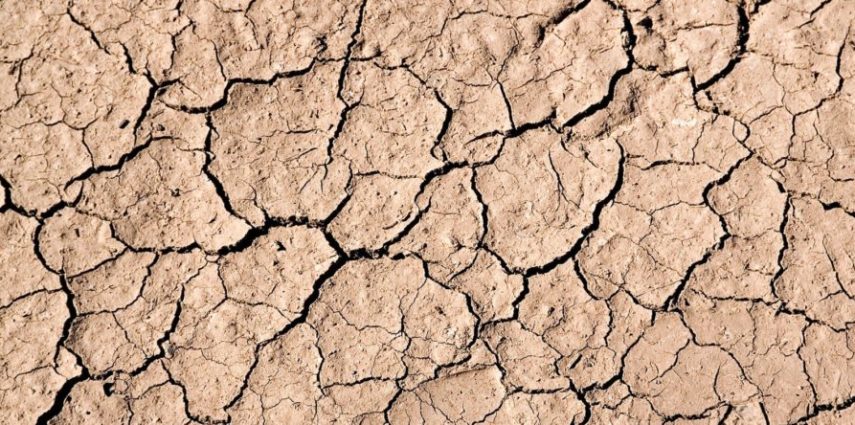Dry Mouth Explained
The dental term xerostomia means dryness of the mouth due to a decreased function of the glands that produce saliva. Lack of saliva is a common problem that may seem little more bothering, but a dry mouth can affect both your enjoyment of food and the health of your teeth. That’s why it’s important not to ignore a dry mouth.
The average healthy adult produces about 3 pints of saliva a day. This secretion serves many purposes. It helps prevent tooth decay and washes away food and plaque from your teeth. Saliva also limits bacterial growth that can dissolve tooth enamel or lead to mouth infections. It also neutralizes damaging acids in your mouth. Saliva enhances your ability to taste your food and makes it easier to swallow. In addition, enzymes in saliva aid in digestion.
As you get older, your salivary glands may secrete less saliva. Thirst and your perception of thirst also may change. Thirst receptors in your brain become less responsive to your body’s need for fluids. But xerostomia is more often related to the medications taken by older adults rather than to the effects of aging.
A dry mouth is not a diagnosis in itself. It is a symptom of various causes which include medication, radiotherapy to the head or neck, mouth breathing, dehydration or certain diseases. There are more than four hundred of medications, including some over-the-counter drugs, that produce dry mouth as a side effect. Among the more likely types to cause problems are some of the drugs used to treat depression and anxiety, antihistamines, high blood pressure medications, anti-diarrhea, muscle relaxants, drugs for incontinence, and Parkinson’s disease medications. Some diseases affect the salivary glands that can also cause dry mouth such as Sjgren’s Syndrome, HIV/AIDS, diabetes, and Parkinson’s disease.
The salivary glands can be damaged if they are exposed to radiation during cancer treatment. Drugs used to treat cancer can make saliva thicker, causing the mouth to feel dry. Moreover, injury to the head or neck can damage the nerves that tell salivary glands to make saliva. However, there are still other effective treatments for dry mouth. Here are some practical recommendations:
sip water or other sugar-free juices frequently
keep fluids at bedside at night
chew sugarless gum or candy
avoid tobacco, alcohol and foods high in sugar
adjust the air humidity in your home
breathe through your nose, not through your mouth
To determine if you have dry mouth, visit your doctor or dentist. They will likely examine your mouth and review your medical history. Sometimes, you will need blood tests and imaging scans of your salivary glands to identify the cause. Dry mouth can result in oral discomfort and can have serious consequences. If you feel you have this symptom, please see your oral health professional. If your doctor believes medication to be the cause, your physician may adjust your dosage or switch you to another medication that doesn’t cause a dry mouth and prescribe you other medications to stimulate saliva production. Dry mouth can happen to everyone, and as it is like any disease or disorder, it is always advisable to visit your physician if you are experiencing some of its symptoms. Again, early detection and prevention is always the best and effective treatment.
For any questions regarding this article or to schedule your appointment, please contact our office at (561) 739-3222 or visit us at www.myskydentist.com

